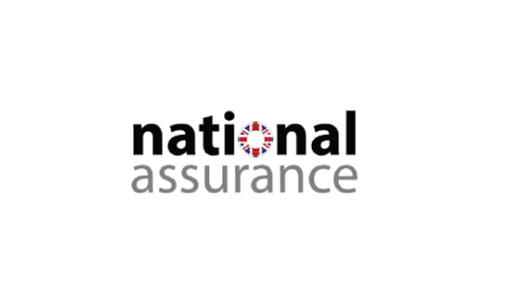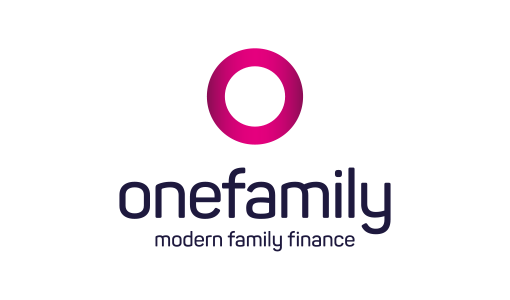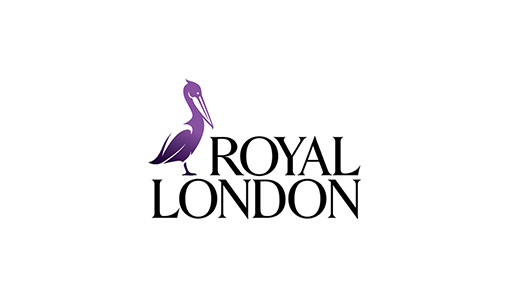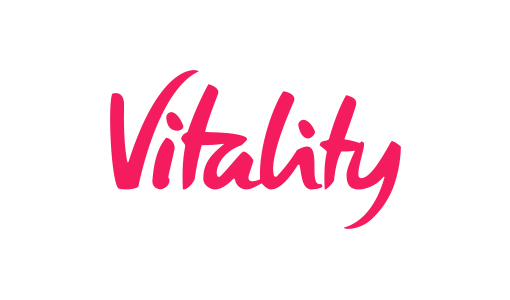Compare Life Assurance
Find the right life assurance policy for you simply and quickly
Totally impartial
From £10 per month
Critical illness options.
Find the right life assurance policy for you simply and quickly
Totally impartial
From £10 per month
Critical illness options.
How Does the Life Assurance Work?
Life assurance in an insurance policy that pays out to your estate or chosen beneficiaries, such as your loved ones or family if you die within an agreed term.
There are two common types of Life assurance: "Term Assurance" and "Over50s Guaranteed Acceptance cover".
Term Assurance is medically underwritten meaning that the insurer will assess your individual health record and either approve your application for cover at normal prices, charge extra if you pose a greater risk. They may decide not to offer you the insurance coverif they believe you have unresolved health issues which pose too much risk to them.
If you are awaiting medical treatment right now may have to wait until this is resolved before your application can be considered, depending on how serious the insurer considers your treatment.
Your application for Term Assurance will require a lengthy questionnaire of around 30 questions, about your health and life style. If you are offered Life assurance cover paid for by your employer this medical questionnaire may not be required, as the insurer will assess the risk of the entire workforce together, rather than you as an individual.
Term Assurance is the cheapest form of life cover for an individual to buy because it does not run for your whole life but for a specific term chosen by you, for example 15 years. For example to cover a house mortgage if you die or the period when your children are dependent on you.
There are two types of Term Assurance: "level" where the sum covered stays the same or "decreasing" where your cover declines over the term to zero mimicking a house repayment mortgage.
Over 50s Guaranteed Acceptance cover is very different. Firstly, there are no medical questions, every applicant is accepted, and the cover runs for the whole of your lifetime. This is often taken out as part of funeral planning, end of life costs, replenishing depleted savings for your surviving partner or leaving a small legacy for your family.
Over 50s Guaranteed Acceptance cover is proportionately more expensive than Term Assurance because unlike Term Assurance, this policy ‘will’ pay out one day as we all will die one day, whereas Term Assurance will only pay out if you die within that specific term.
This Over 50s Guaranteed Acceptance cover is simple and easy to purchase, but also has a 1 or 2 year qualifying period before you can claim.
There are other types of cover such as Critical Illness cover, traditional whole of life, gift intervivos, business protection and family income benefit policies – it is best to speak to an independent broker and get advice on all of these products.
Frequently Asked Questions
Does Health Compare make recommendations?
The information found within your search results is provided for information purposes only. It is the user's responsibility to interpret their individual results on Health Compare and consult with the healthcare service providers they feel best suit their requirements.
Please note we are not qualified or authorised to give medical or financial services advice or recommendations and would never seek to do so.
Are you giving insurance or financial advice?
No, Health Compare does not provide any form of insurance or financial advice.
We are not qualified or authorised to provide this type of advice.
What is a pre-existing condition?
A pre-existing medical condition typically is an illness or health condition that you have sought medical advice upon or for which you have received treatment in the past, before the start of your new health insurance policy. However, insurers may have differing definitions as to how a pre-existing condition is classified.
We recommend that you speak to the insurance provider or broker directly for advice if you have questions about your options.
New to medical insurance; can I get cover for a pre-existing condition?
Many people feel motivated to take out private medical insurance to cover a condition, after they have had a negative experience or faced a wait for consultations or treatment with the NHS.
However, many Insurers do not cover you for a condition that you have received advice or treatment for in the last five years. It is also common for insurers to cover a condition after a two-year period if you have not sought advice or treatment for it and you have a policy in place for those two-years.
That said, all of the brokers who we feature specialise in insurance for pre-existing conditions to some extent and we suggest that you speak directly with them, under no obligation.
Already have medical insurance; can I continue cover for a pre-existing condition?
One reason people have been reluctant to change insurers or explore their options with other providers, is that they fear that they will lose cover for existing conditions. As a result there are many people who are potentially paying too much for their cover.
Whilst this may be true, changing insurers can lead to conditions being no longer covered, it may not be the case for many people. We suggest that you speak directly with the insurance providers and / or brokers, under no obligation.
For the most part if you have not had to see a specialist in the last 12 months and have nothing booked in to see a specialist in the future you should be free to move providers without the need to lose cover.















